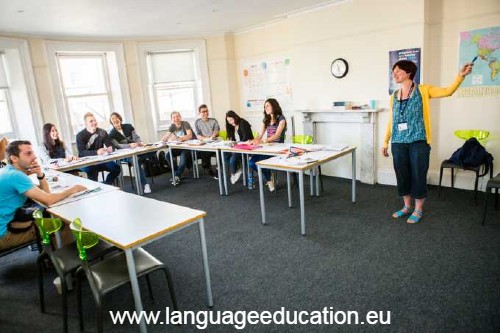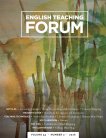Translate This Page

|
Grammar making it memorable handout.doc.pdf Size : 253.855 Kb Type : pdf |

|
presentation 2.pdf Size : 1066.758 Kb Type : pdf |

|
Grammar making it memorable overview.doc.pdf Size : 289.45 Kb Type : pdf |

|
presentation3.pdf Size : 1636.331 Kb Type : pdf |

|
presentation 4.pdf Size : 1617.326 Kb Type : pdf |

|
Which Level Dictionary.pdf Size : 896.244 Kb Type : pdf |

|
Writing handout.doc.pdf Size : 338.204 Kb Type : pdf |

|
Writing overview.doc.pdf Size : 254.124 Kb Type : pdf |

|
Writing worksheet.doc.pdf Size : 206.608 Kb Type : pdf |












